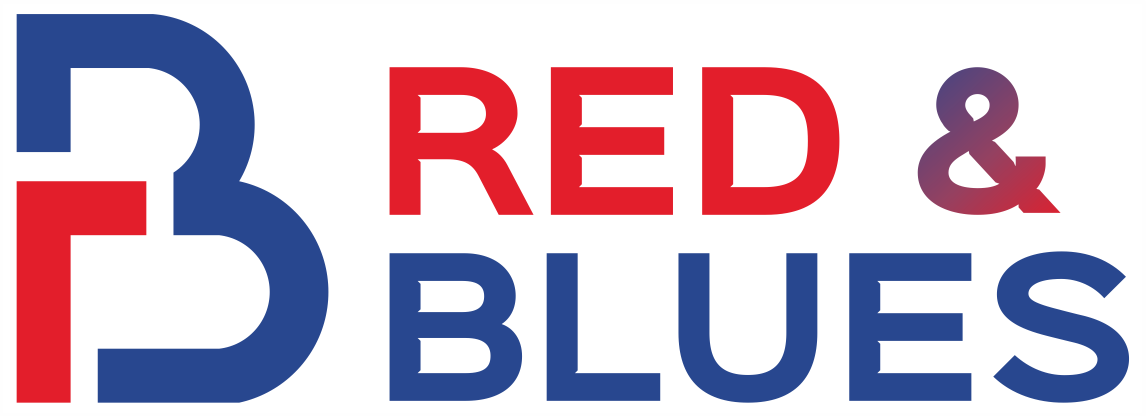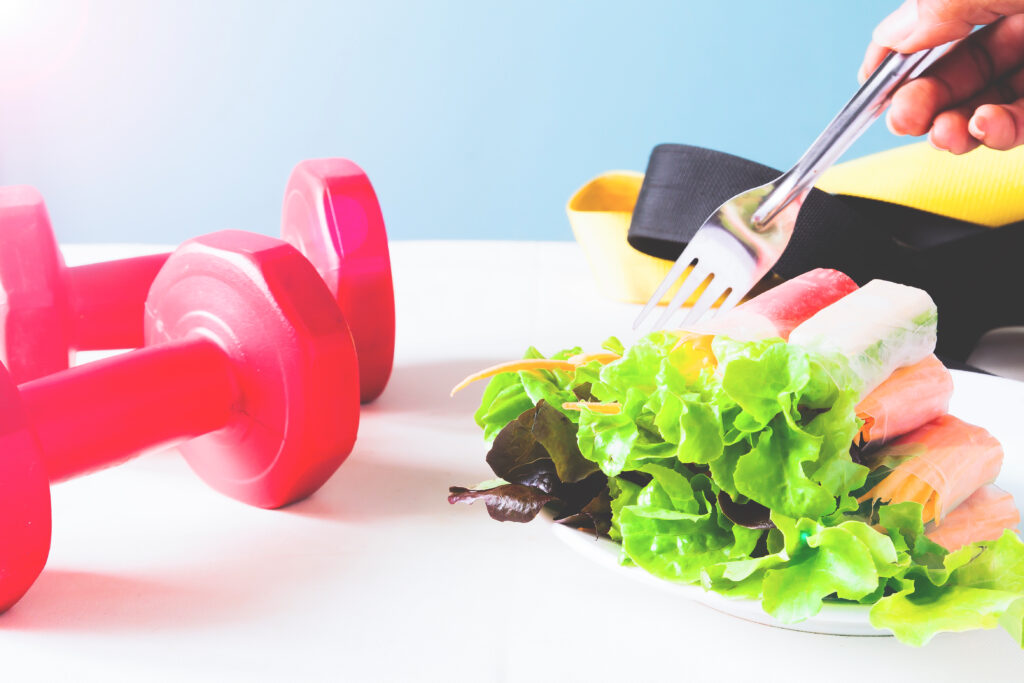When it comes to building muscle, most gym-goers focus on intense workouts, heavy weights, and advanced training programs. But here’s the truth — muscle growth starts in the kitchen. Your diet plays a crucial role in muscle recovery, strength gains, and fat loss. Unfortunately, several nutrition myths can hold you back from achieving your fitness goals. Let’s bust these myths so you can make smarter choices and maximise your gains.
Myth 1: “You Need Huge Amounts of Protein to Build Muscle”
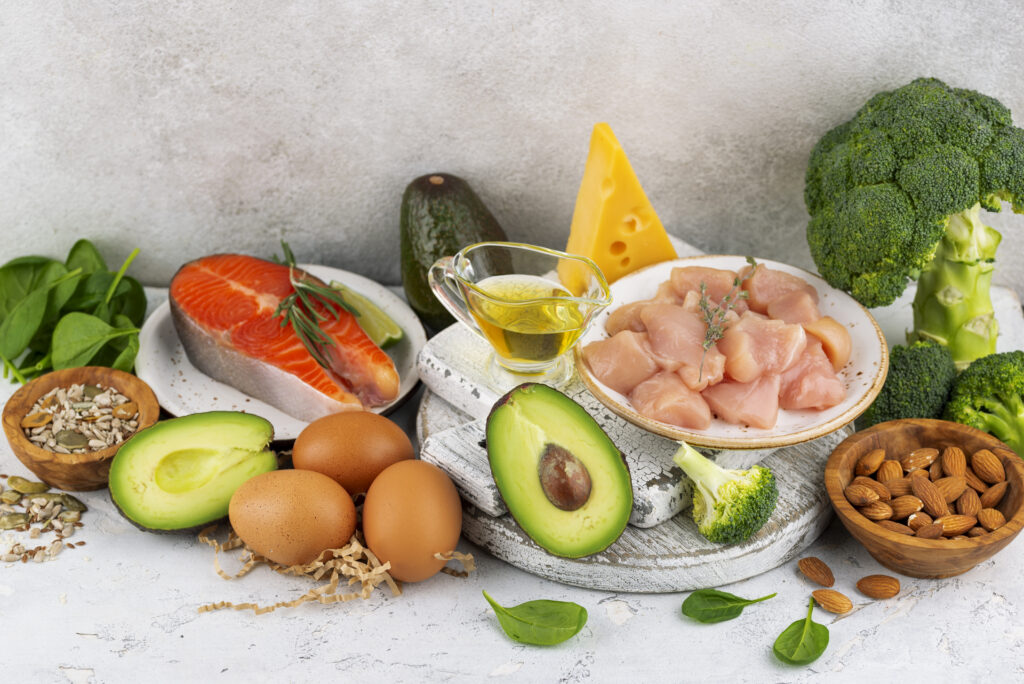
While protein is essential for muscle repair and growth, overloading your diet with it won’t necessarily speed up gains. Studies show that 1.6–2.2 grams of protein per kilogram of body weight is optimal for most active individuals. Eating beyond this may simply add extra calories, leading to fat gain instead of lean muscle.
Myth 2: “Carbs Are the Enemy”
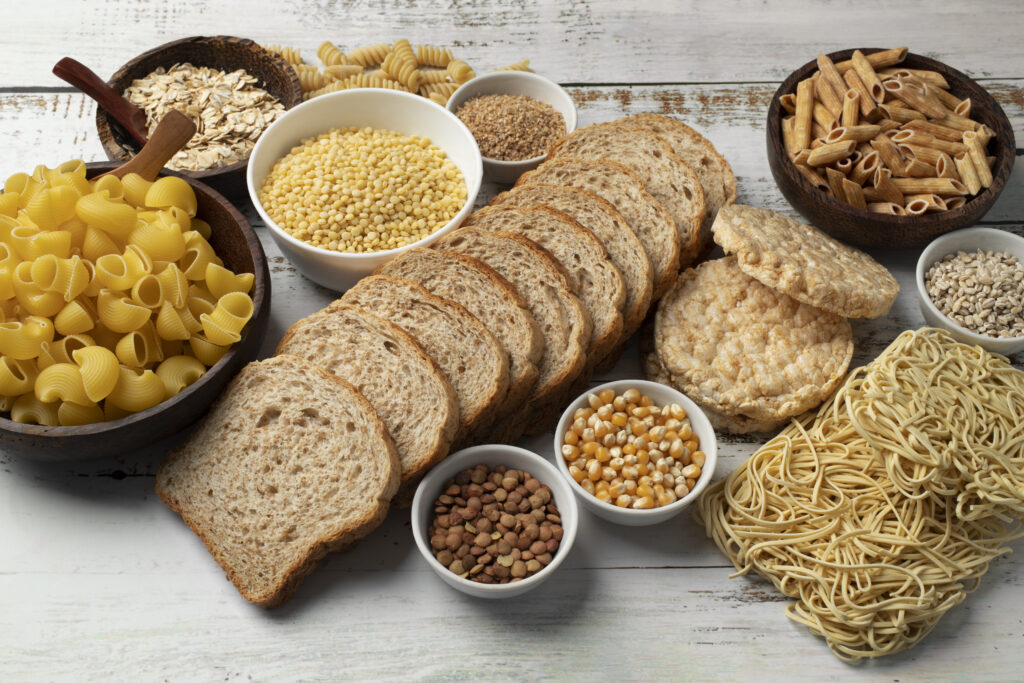
Some believe low-carb diets are the key to fat loss and muscle definition. But carbohydrates are your body’s main energy source for intense workouts. Without enough carbs, you risk reduced performance and slower recovery. Choose complex carbs like brown rice, oats, quinoa, and sweet potatoes to fuel your training sessions.
Myth 3: “Supplements Are More Important Than Real Food”
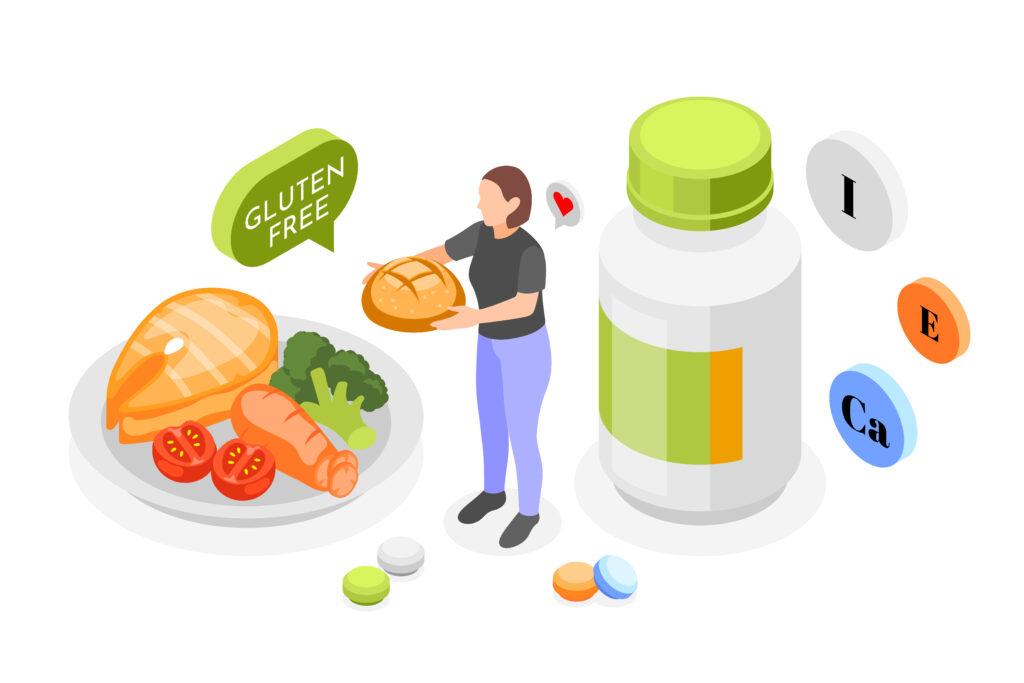
Pre-workout drinks, protein powders, and creatine can be helpful — but they’re not a substitute for whole foods. Real foods provide a wider range of vitamins, minerals, and fiber that supplements lack. Use supplements only to fill gaps in your diet, not as your main source of nutrition.
Myth 4: “Eating Fat Will Make You Fat”
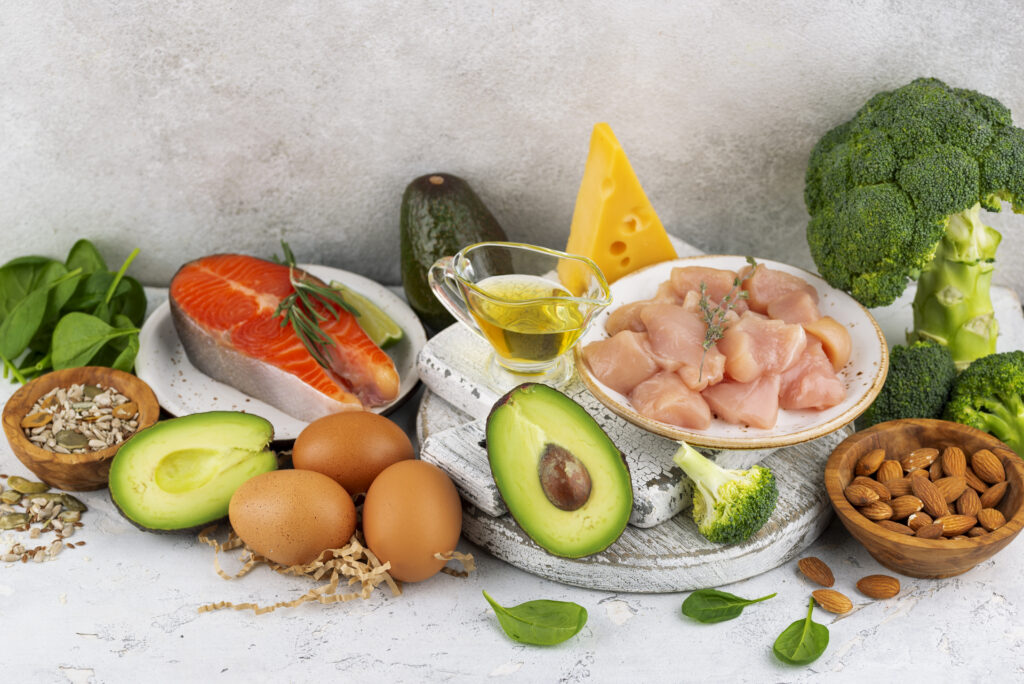
Healthy fats are vital for hormone production, including testosterone, which plays a role in muscle development. Include sources like avocados, nuts, olive oil, and fatty fish in your muscle gain diet plan. The key is moderation and choosing healthy fats over trans fats.
Myth 5: “You Must Eat Every Two Hours”

Frequent small meals can help some people, but meal timing is less important than total daily calorie and nutrient intake. Whether you eat three large meals or five smaller ones, what matters is hitting your macros for protein, carbs, and fats consistently.
Tips for Optimizing Your Nutrition for Muscle Growth
- Track your macronutrient intake to ensure you’re in a caloric surplus if your goal is to gain muscle.
- Prioritize post-workout meals rich in protein and carbs to aid recovery.
- Stay hydrated — dehydration can limit strength and endurance.
- Get enough micronutrients from fruits and vegetables to support overall health.
Conclusion
If you’ve been training hard but not seeing results, your nutrition habits could be the missing link. By busting these common muscle gain nutrition myths and focusing on a balanced diet, you’ll give your body the fuel it needs to recover, grow, and perform at its best.
